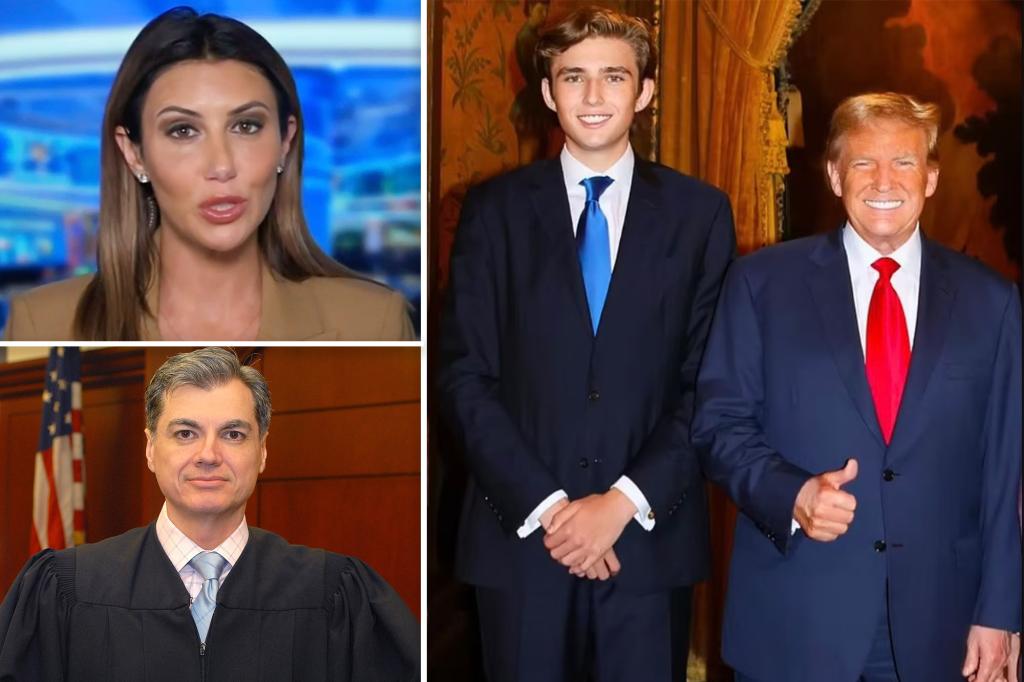Donald Trump’s civil lawyer, Alina Habba, criticized the judge in his New York hush money trial for potentially preventing him from attending his youngest son’s high school graduation and for not calling off the proceedings on Passover. She expressed her frustration on Fox News, highlighting the judge’s lack of consideration for Trump’s personal obligations and religious observances. Habba emphasized that observant Jews, including members of the legal teams, have the right to observe Passover and criticized the judge’s decision not to accommodate this.
Habba clarified her absence from the trial, stating that her expertise lies in civil matters rather than criminal law. She took the opportunity to shed light on the situation and inform the public of what was happening regarding Trump’s case, particularly given the high-profile nature of the proceedings. Her comments came after the judge, Justice Juan Merchan, expressed uncertainty about allowing Trump to attend his son Barron’s high school graduation and refused to permit Trump to attend US Supreme Court arguments related to another case.
Despite Merchan’s decisions regarding attendance at the trial and other legal proceedings, he did rule that the court would not convene on the last two days of Passover to allow the legal teams time to observe the holiday. Trump criticized the judge’s rulings outside the courthouse, claiming that he was being unfairly prevented from attending his son’s graduation and arguing before the Supreme Court. Trump accused Merchan of being a biased judge and interfering with the election by making these decisions, further fueling tensions surrounding the trial.
Fox Nation host Piers Morgan suggested that Trump should simply attend his son’s graduation, as it would be a relatable decision for any parent in a similar situation, regardless of political affiliation. Despite the ongoing legal proceedings, no jurors were selected on the first day of the trial, with many prospects excused after indicating they could not be impartial when judging the former president. The trial, which could last up to eight weeks, will run on weekdays except Wednesdays and is the first criminal prosecution of a US president.
The allegations and criticisms surrounding Trump’s trial raise concerns about judicial fairness, personal obligations, and religious freedoms. The clash between the legal teams and the judge highlights the challenges of balancing legal proceedings with personal and religious commitments. Trump’s vocal objections to the judge’s decisions further intensify the contentious atmosphere surrounding the trial, fueling accusations of bias and political interference. As the trial progresses, these issues are likely to continue shaping public perception and discussions around the case and the judicial system as a whole.













